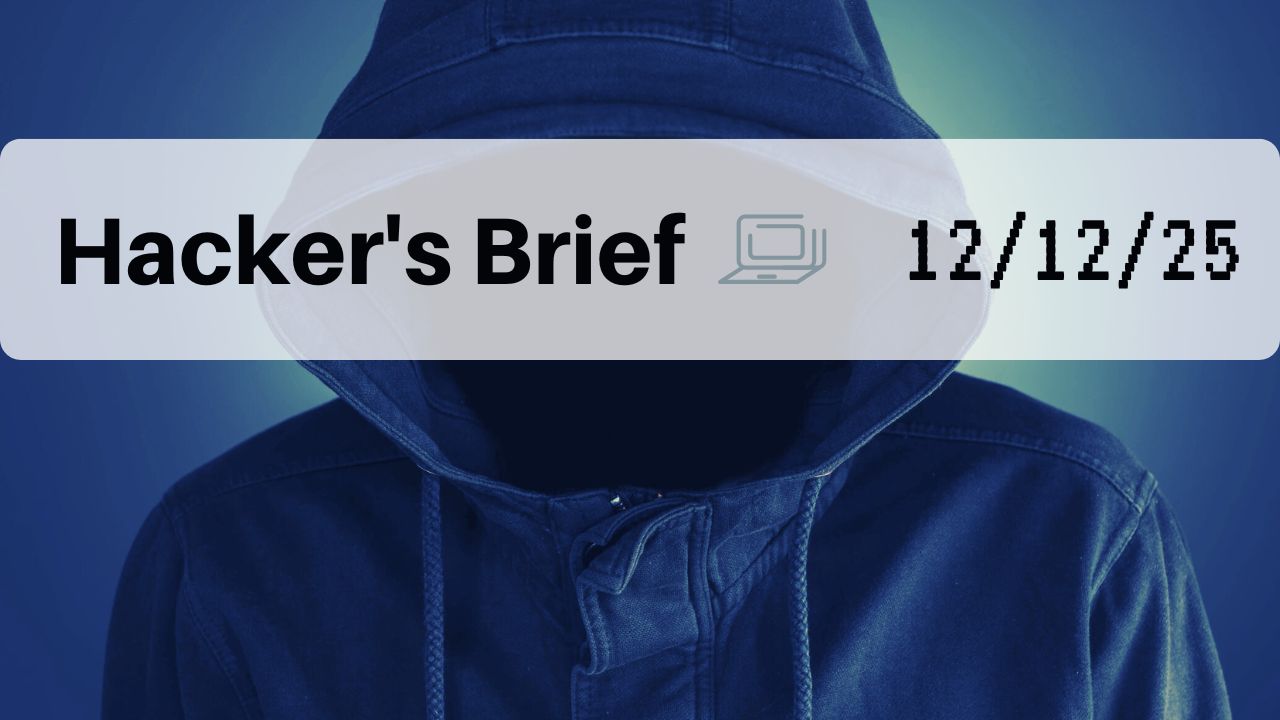
www.wyocan.org
www.cyberwyoming.org/alliance
307-314-2188, PO Box 2332, Laramie, WY 82073
Scam Confirmations at Laramie USPS:
Multiple residents of Laramie have reported witnessing scam confirmations at the local USPS office. One individual, who was waiting in line, observed three people with their phones asking if a text they received about "shipping problems," "incorrect zip codes," and "incorrect addresses" from USPS was real. USPS clerks at the office confirmed that USPS never contacts customers via text message, reinforcing that these types of communications are scams. A resident reported that, due to a long wait, a USPS worker offered to let anyone with questions about potential scam texts or emails cut to the front for a quick clarification. The worker reassured them it was a scam and advised them to ignore and delete it. It seemed like the worker regularly did this to keep things moving, as it was happening frequently. The individuals asking were often older, wanting to ensure they weren’t falling for fraud. This indicates growing awareness of scams in Laramie, with USPS employees actively helping to educate the public. CyberWyoming Note: Always be cautious of unsolicited texts or emails, especially those claiming to be from USPS or other organizations. Remember, USPS never contacts you via text. Never click on links or provide personal information through these messages. If you're unsure about the legitimacy of a message, contact the organization directly through official channels, like their website or customer service number, rather than responding to the message.
The Holiday Delivery Hustle:
A Laramie resident received a scam text claiming their package couldn't be delivered due to incorrect address details, with a link to "update" the information. The message appeared to be from the "USPS team" and seemed plausible since the person was tracking a package to another state. The resident clicked the link, which led to a form requesting credit card details. After entering their credit card information, they had to cancel their card. A family member received a similar text, with a slightly different URL and international phone number. CyberWyoming Note: This scam mirrors another previously reported case involving a fake USPS delivery issue and a fraudulent credit card request. Always verify the sender's contact information and avoid clicking on links in unsolicited texts or emails, especially around the holidays when these scams are more prevalent. Use official websites or apps to track packages, and never provide personal or payment information through unfamiliar links. Be extra cautious, as scammers often impersonate trusted organizations like USPS or FedEx during peak shopping seasons.
From Stocking Stuffers to Smuggling:
A nationwide gift card scam, linked to Chinese organized crime, has been uncovered, involving gangs and "mules" across the U.S. The scam finances illegal activities like fentanyl production, human trafficking, and smuggling. Criminals hire people (“mules”) to shoplift large quantities of gift cards, which are then tampered with, resealed, and returned to store shelves. By the time consumers purchase and attempt to use the cards, the funds are already stolen. This fraud operation has affected multiple states, with significant arrests made, including two Chinese nationals in Burleson, Texas, who were caught with 1,000 stolen gift cards. Authorities warn consumers to inspect gift cards carefully for signs of tampering and suggest using them immediately or transferring funds to digital wallets to avoid being scammed.
– Brought to you by CBS News cbsnews.com/texas/news/buyer-beware-gift-card-fraud-is-now-a-global-crime/
Skimming-Free Holidays:
During the holiday season, the increase in purchasing and travel makes us more vulnerable to credit card skimming and shimming. Criminals target busy locations, such as gas stations, ATMs, and retail stores, where people are using their cards more frequently. Skimming devices can capture your card details while you’re filling up your car or shopping, and shimming technology can steal data from EMV chip cards at ATMs or point-of-sale terminals. To protect yourself, inspect card readers for any signs of tampering, cover the keypad when entering your PIN, and use chip-enabled or contactless cards whenever possible. These steps are especially important during the holidays when you’re making more purchases and traveling. Regularly monitor your accounts for any unauthorized transactions and report any suspicious activity immediately. Chip cards provide enhanced security by encrypting your transaction data, reducing the risk of fraud. With increased holiday spending, staying vigilant about where and how you use your card can help ensure your financial safety during the season. If you suspect you’ve been a victim of card skimming or shimming, contact your bank right away and take necessary steps to secure your accounts.
– Brought to you by National Cybersecurity Alliance staysafeonline.org/articles/protect-your-credit-cards-from-skimmers-and-shimmers
CyberWyoming Note: Two years ago at the Cyber Cheyenne Conference, USSS Agent Derek Booth said to avoid the outside pumps at gas stations. Because the security cameras often can’t fully cover the outside pumps, this is most often where the scammers add the skimmers.
MS-ISAC and CISA Patch Now Alert:
The Multi-State Information Sharing and Analysis Center (MS-ISAC) or the Cybersecurity & Infrastructure Security Agency (CISA) has published a patch now (update your software) alert for Cleo products. If you use these products, make sure the software (or firmware) is updated.
Data Breaches in the News:
Sofidel America Corporation, Byte Federal (Bitcoin ATM machines), ParkMobile, Young Life, Senior Dating, ConnectOnCall, and Cisco DevHub. Note: If you have an account with any of these companies, be sure to change your password and consider placing a credit freeze on your accounts through the three credit reporting agencies: TransUnion, Experian, and Equifax.
Other ways to report a scam:
- Better Business Bureau Scam Tracker: bbb.org/scamtracker/us/reportscam
- Wyoming Attorney General’s Office, Consumer Protection
- File a complaint with the Federal Trade Commission at reportfraud.ftc.gov
- Get steps to help at www.IdentityTheft.gov
- Report your scam to the FBI at www.ic3.gov/complaint
- Reported unwanted calls to the Federal Trade Commission’s Do Not Call Registration. Online at donotcall.gov/report.html or call 1-888-382-1222, option 3
- Office of the Inspector General: oig.ssa.gov
- If you believe someone is using your Social Security number, contact the Social Security Administration’s (SSA) fraud hotline at 1-800-269-0271.
- AARP Fraud Watch Network (any age welcome) Helpline 877-908-3360
- IRS: report email scams impersonating the IRS to phishing@irs.gov
- Call the Wyoming Senior Medicare Patrol (SMP) for assistance with potential Medicare fraud, abuse, or errors at 1 800 856-4398
- Victim Support: The AARP Fraud Watch Network and Volunteers of America (VOA) created a new, free program to provide emotional support for people impacted by a scam or fraud, called ReST. Visit www.aarp.org/fraudsupport to learn more about the free program and register






.jpg)

